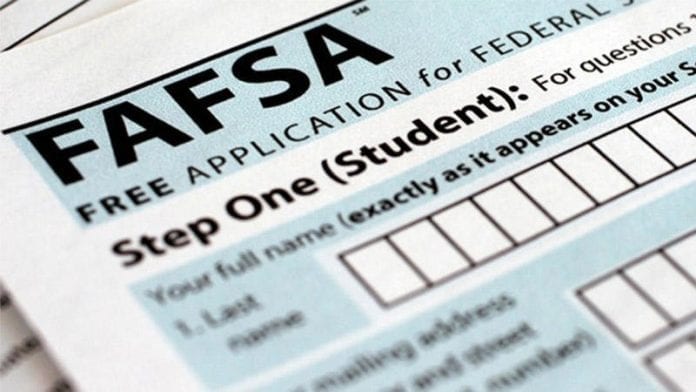If you are among the millions of young adults and middle-aged people seeking a college or graduate degree, get ready to face the financing challenge of your life. But the money search need not be an insurmountable quest, especially if you work in a systematic, thorough way when looking for payment options. Here are the most common resources people use to pay for college and graduate school degrees:
Student Loans

By far, the largest single source of education financing is the student loan. What some prospective students don’t realize is that there are multiple forms of this monetary resource. You can opt for federally-backed loans, private arrangements like those with Earnest, or school-based loans that are offered straight from the institution you’ll be attending. Another key point for those headed to college: don’t opt for a student loan until you’ve checked out all the other resources available, like grants, scholarships and whatever your family is willing to come up with (this last item specifically applies to recent high-school grads who have few financial resources of their own and no credit history).
No matter what type of loan you end up applying for, you will be asked to fill out a form called FAFSA, the Free Application for Federal Student Aid. It’s sort of a one-size-fits-all data sheet that you fill in with your pertinent financial details, including your parents’ income if you live at home. The FAFSA helps lenders determine your eligibility for loans and other types of aid based on your current financial state of affairs. You’ll also have to get registered for Selective Service if you haven’t already done so. If you don’t, you won’t be eligible for most kinds of student loans.

Grants
Before signing on the dotted line for a student loan, which you will eventually have to repay, see whether you can qualify for any grant money. You do not have to repay grants, hence the name. Of course, grants can be tough to find and even harder to qualify for, but they do exist and you should spend time seeking ones that fit your situation. Click here if you would like to learn more about them.
For example, Pell grants are based solely on financial need, but other grants are designed to assist students in particular areas of study, like music, architecture, accounting and STEM subjects. Keep in mind that grant amounts vary widely. In some cases, you’ll have to fill out several forms and undergo a personal interview only to be awarded a $500 grant toward college tuition. That’s no reason to neglect grants, because some will pay a significant share of your educational costs.
Scholarships

Speak with an educational counselor at the school you want to attend. In most cases, these professionals can point you toward specific scholarships that help students in your academic field, age group or demographic group. Scholarship money, like grants, need not be repaid. But unlike grants, there are plenty of scholarships available for students with good grades and academic commitment. Even middle-aged applicants can find scholarship money if they intend to get degrees in fields like nursing, education and social work.
To learn more about credit loans visit Bugis Credit.









